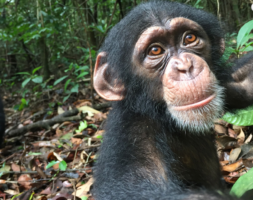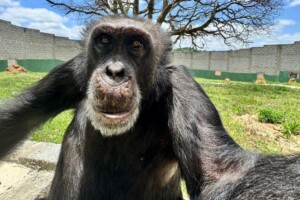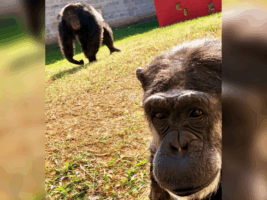Comparison of genomes from 240 species makes fresh revelations about human evolution

In the end of April, scientists released the key results of a major study that compared the genomes of 240 species of mammals – including humans. Some of the findings of the Project Zoonomia were published in the journal Science and made fresh human evolution revelations.
By comparing the genomes, it was possible to identify widely shared genetic traits and those that are more uniquely human.
According to the researchers, discoveries about the genetics of hibernation, for example, may help in the understanding of human therapies, intensive care, and long-distance spaceflight.
Regarding the comparison between humans and our closest evolutionary relatives, the chimpanzees, the study suggests that the evolution of specific human traits involved changes in the regulation of nervous system genes, rather than any major changes in the genes themselves.
In an interview with Reuters, Elinor Karlsson, director of the Vertebrate Genomics Group at the Broad Institute at MIT and Harvard and co-leader of the international consortium of researchers, summed up the whole idea of the project:
“We are taking advantage of the fact that there is enormous biodiversity on this planet to really understand ourselves and make new discoveries relevant to the treatment of human diseases.”
Read a complete article at https://www.nytimes.com/2023/04/27/science/human-dna-genomes.html
All the data of the studies are available at the Project Zoonomia website – https://zoonomiaproject.org/the-project/

 Español
Español
 Português
Português








